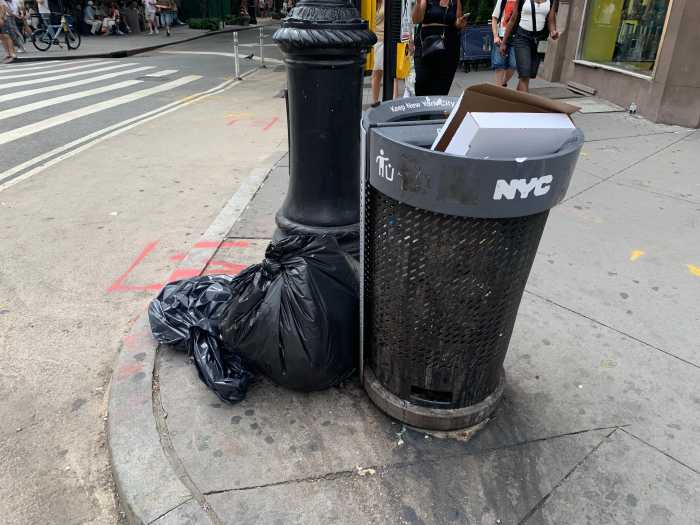
When the Apollo 11 astronauts departed the moon 50 years ago, they left behind a
plaque that read in part:
WE CAME IN PEACE FOR ALL MANKIND
As our country and others wield shields of nationalism, as America cedes its role as global leader, as our president widens divisions at home and abroad, it is natural to wonder whether such a sentiment would be possible today, and whether it would resonate around the world.
But the aspiration to represent all humanity was forged under conditions not so different from those of today.
In July 1969, our nation was riven by the civil rights struggle and anti-Vietnam War protests. Just as President Donald Trump seeks to divide the country over issues like immigration and race, that also was the playbook of President Richard Nixon.
Then, as now, our nation was uneasy. But while many today fear that authoritarianism is creeping into America’s marrow, the Apollo space program soldiered on against a backdrop of real turmoil in our streets.
Turbulent ’60s
In the late 1960s, riots rocked Chicago, Detroit, Newark and Washington, The Rev. Martin Luther King Jr. and Robert F. Kennedy were assassinated, college students clashed with police, the Stonewall riots in NYC launched the gay rights movement, and nearly 1,000 U.S. troops died each month in Vietnam.
A popular bumper sticker, “America, Love It or Leave It,” presaged Trump’s recent charge to four liberal congresswomen that they should leave the country if they don’t love it.
Apollo 11 did not cure what ailed us. But it showed we could persevere despite our divisions. And it served as a unifying moment — however temporary.
The mission was President John F. Kennedy’s audacious answer to the Soviet Union putting the first man in space. When the lunar module touched down, more than 500 million people watched on TV.
It was part of a long run of successes — like the Manhattan Project that built the first nuclear weapons during World War II, and the interstate highway system of the 1950s — that led Americans to see government itself as an innovator. The space program also generated high-tech advances like memory foam, freeze-dried food, cochlear implants, and solar panels.
Dreaming again
Now, many Americans seek solutions elsewhere. Private business spurs most research and development. Companies like SpaceX and Blue Origin are exploring space.
Now another foreign adversary, China, threatens to overtake us technologically and another presidential administration wants to go to the moon, and then to Mars. Once again, America must prioritize its spending amid a familiar debate pitting social programs against defense spending. Can we afford to fund another moonshot? Can we afford not to?
We’re still curious about the heavens. Our unmanned probes fly ever farther, sending back reams of data and photos. But we still have questions. Can we muster the effort to answer them?
Apollo 11 astronaut Buzz Aldrin tweeted last week that 400,000 people collaborated on the moonshot: “Together, we Americans can do anything!”
Such unity might seem like a dream now, much as it might have seemed like a dream in 1969. But Apollo 11 also taught us that when we dream, we achieve.





































